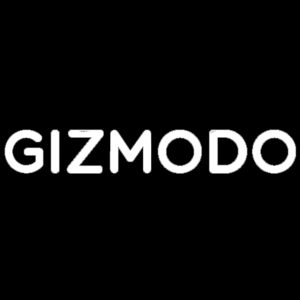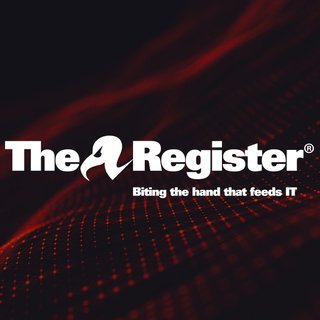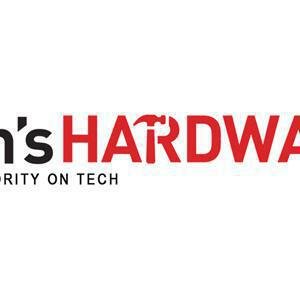Since the onset of the COVID-19 pandemic, the use of employee surveillance technology by companies has surged. Even as many employees have resumed office work, firms continue to monitor them closely. On Friday, June 14, reports emerged that Wells Fargo dismissed over a dozen employees accused of “simulating keyboard activity” rather than working.
Wells Fargo has not disclosed whether the terminated employees were working from home or in the office, although the company generally requires in-person attendance three days a week.
Over the past four years, workers have increasingly sought ways to circumvent employers’ monitoring of their remote work, sharing tips on social media regarding how to appear busy. Devices such as “mouse jigglers,” which keep the cursor moving, and keyboard “clickers,” which simulate typing, have become popular, with some selling for as little as $10 on Amazon.
Recently, however, such tactics have come under scrutiny. Wells Fargo is not alone in its intensive monitoring practices; companies like JP Morgan, Barclays, and UnitedHealth Group track a wide range of employee activities, from emails to keystrokes, and even eye movements and screen captures.
A recent Harvard Business Review study indicates that such surveillance may be counterproductive. The study found that monitored employees are more prone to rule-breaking and may even damage or steal company property.
The researchers argue that surveillance can undermine an individual’s moral compass, leading to unethical behavior. They advocate for a work environment based on trust and autonomy rather than control through surveillance.







































